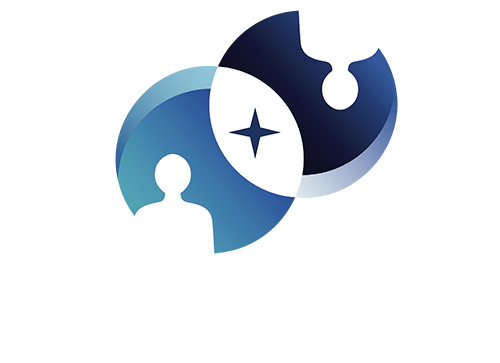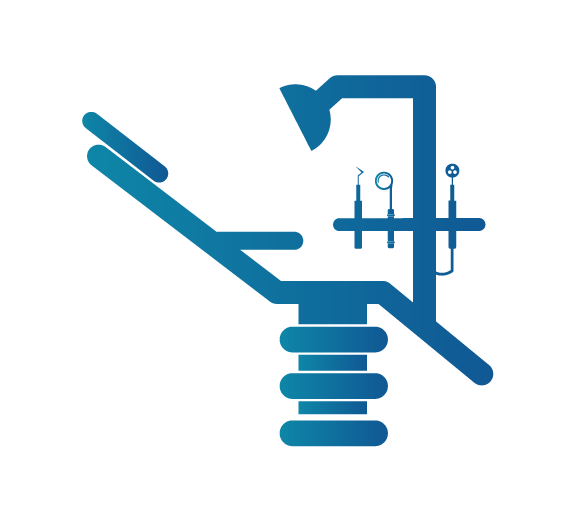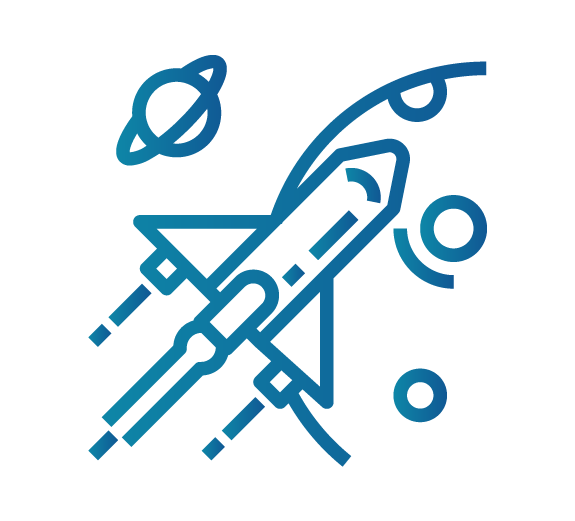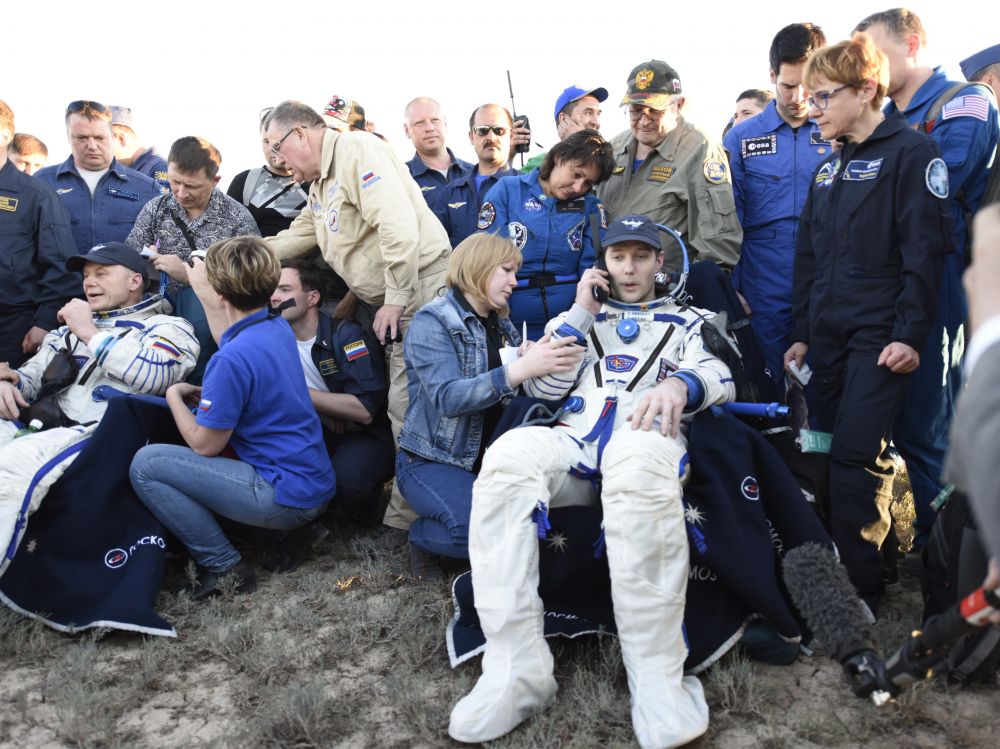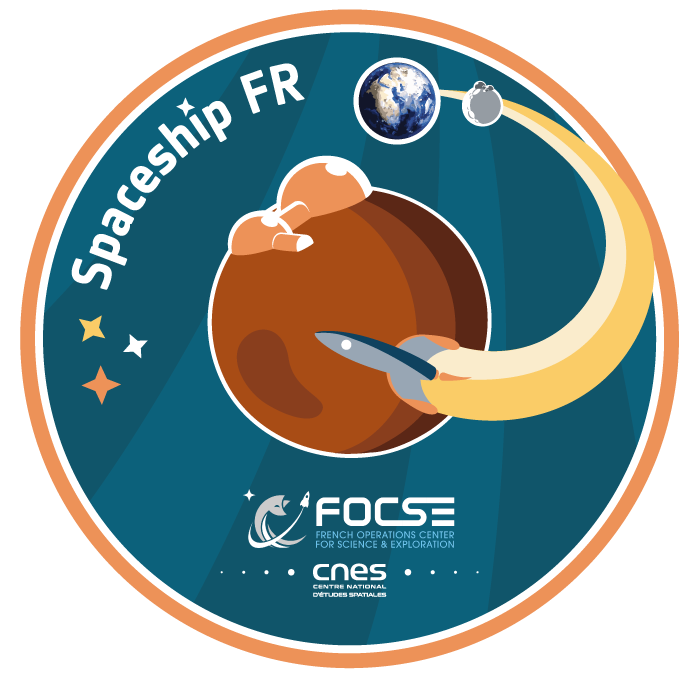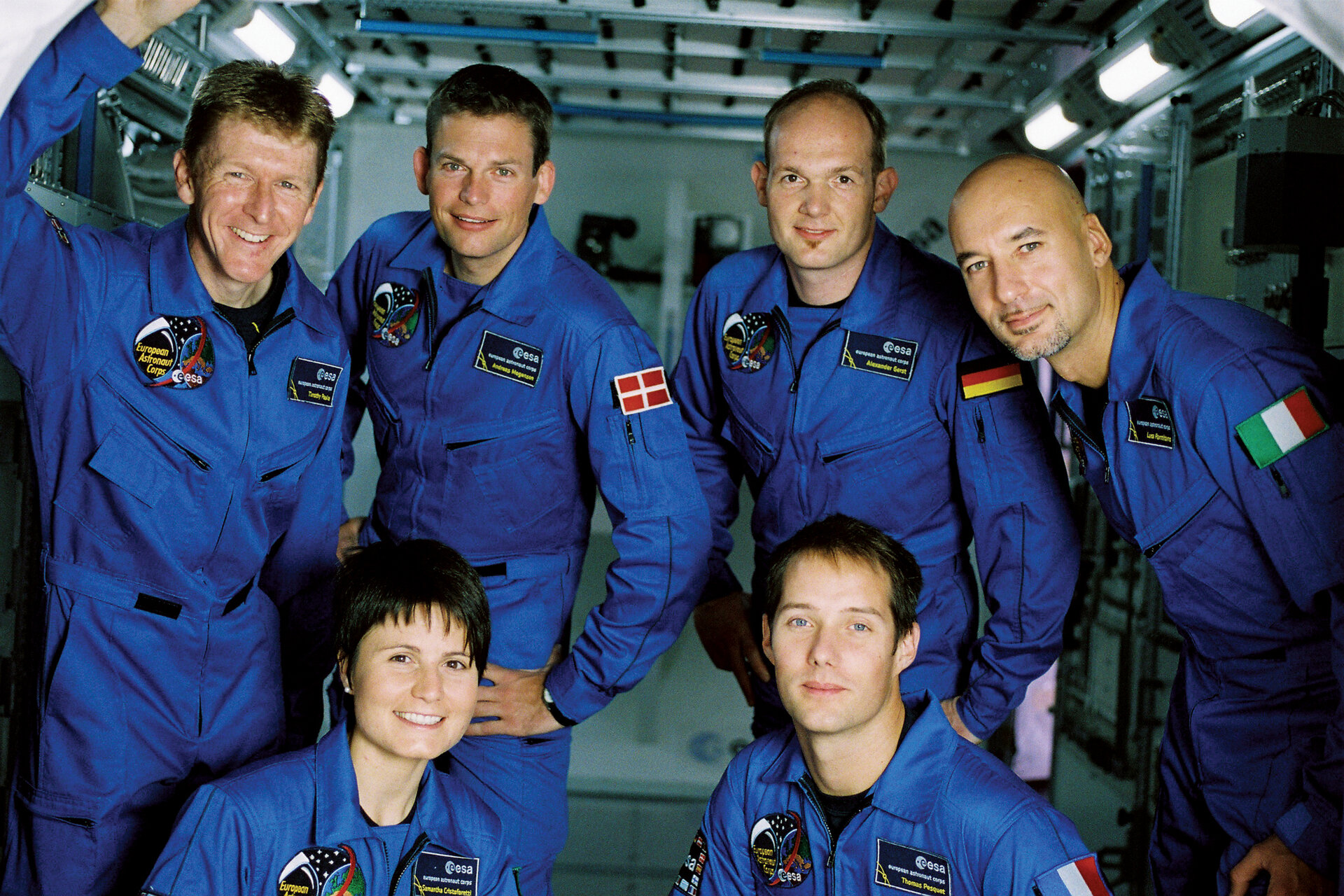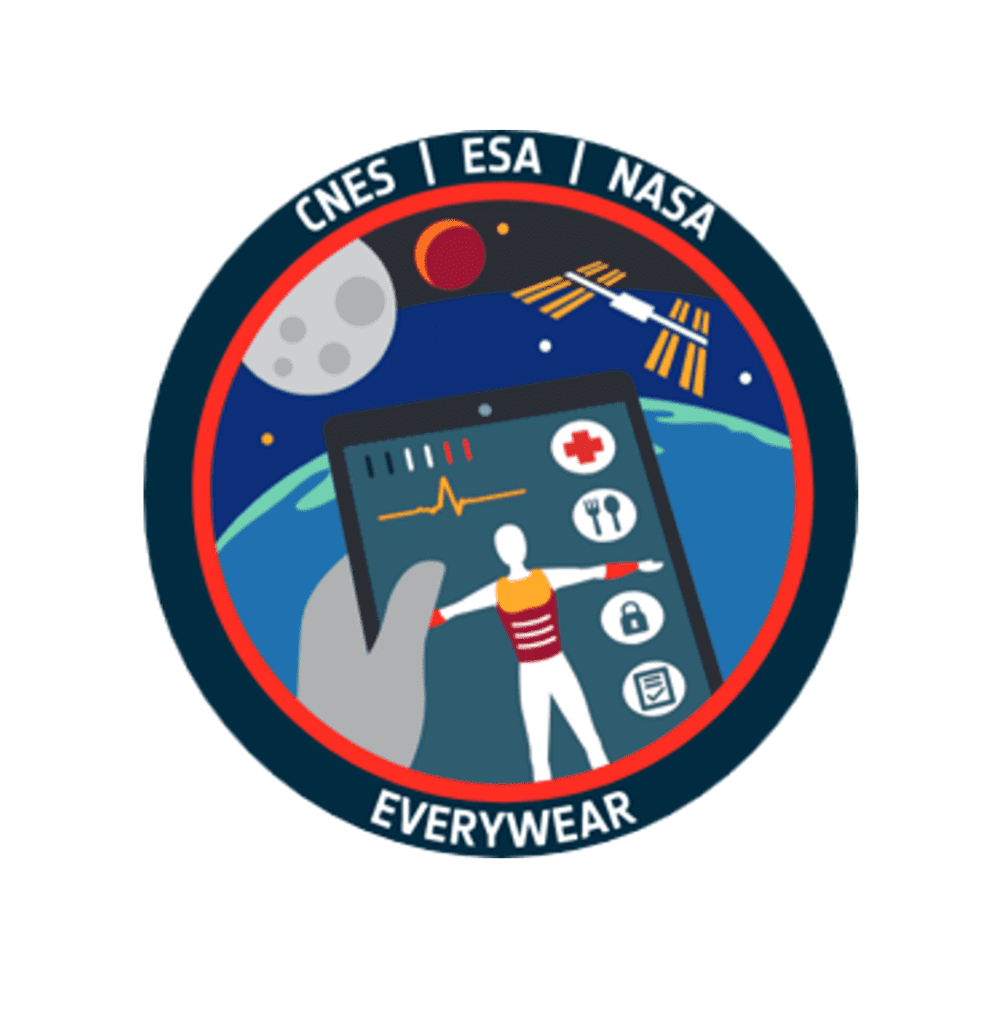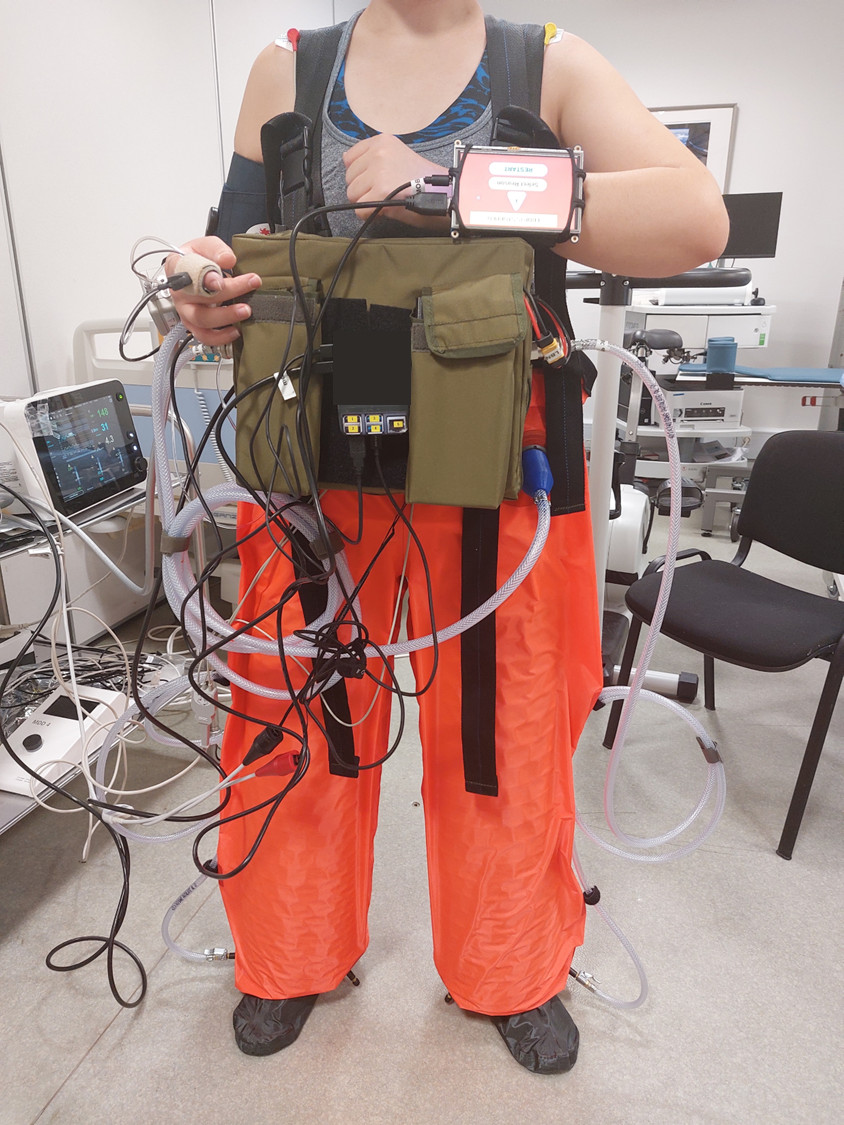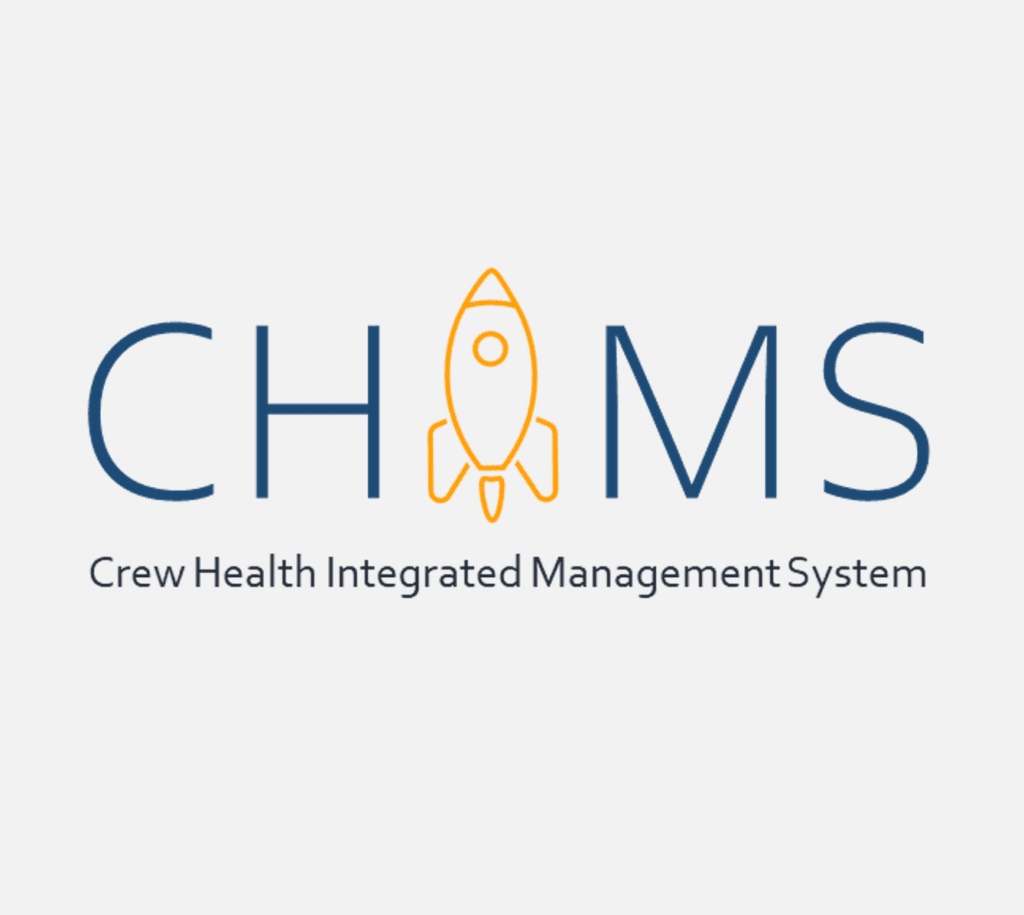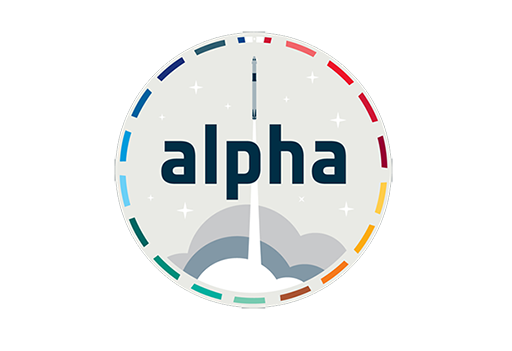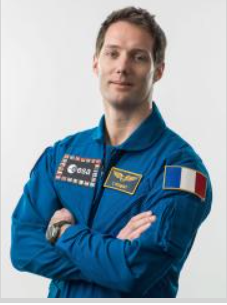Support for space missions
Protecting astronauts’ health and developing health innovations by exploiting microgravity conditions
Since its founding, MEDES’ mission has been to provide services and expertise to protect the health of astronauts and their ability to do their job, as well as to control and manage the medical risks inherent in human spaceflight.
MEDES helps space agencies prepare and carry out scientific experiments and space technology demonstrations in physiology. These activities are carried out by a MEDES team, seconded to the CNES CADMOS centre, which contributes to the preparation, organisation and operational monitoring of physiology experiments on the International Space Station. The team also participates in space development projects by developing experiments or new medical technologies for future manned flights.
MEDES also provides support to space agencies for operational space medicine. A MEDES team is seconded to the European Astronaut Centre in Cologne and provides services for the medical support and monitoring of astronauts (before, during and after missions).
MEDES is also part of Spaceship FR, a project recently set up by CNES, to prepare the space bases of the future.
Finally, MEDES is involved in selecting astronauts.
Physiology experiments in microgravity
A MEDES team is seconded to CADMOS, a centre created by CNES in 1993 to prepare, organise and control French manned space missions.
The MEDES teams provide expertise in space medicine and physiology. They also support the preparation of experiments in these fields on the ISS, since they require a microgravity environment.
For the experiments, the team:
- supervises the development of the equipment and liaises with the scientific teams
- drafts procedures
- takes pre- and post-flight measurements on astronauts, along with scientists
- trains astronauts (in experiment protocols for the flight)
- handles real-time operations at the CADMOS control centre
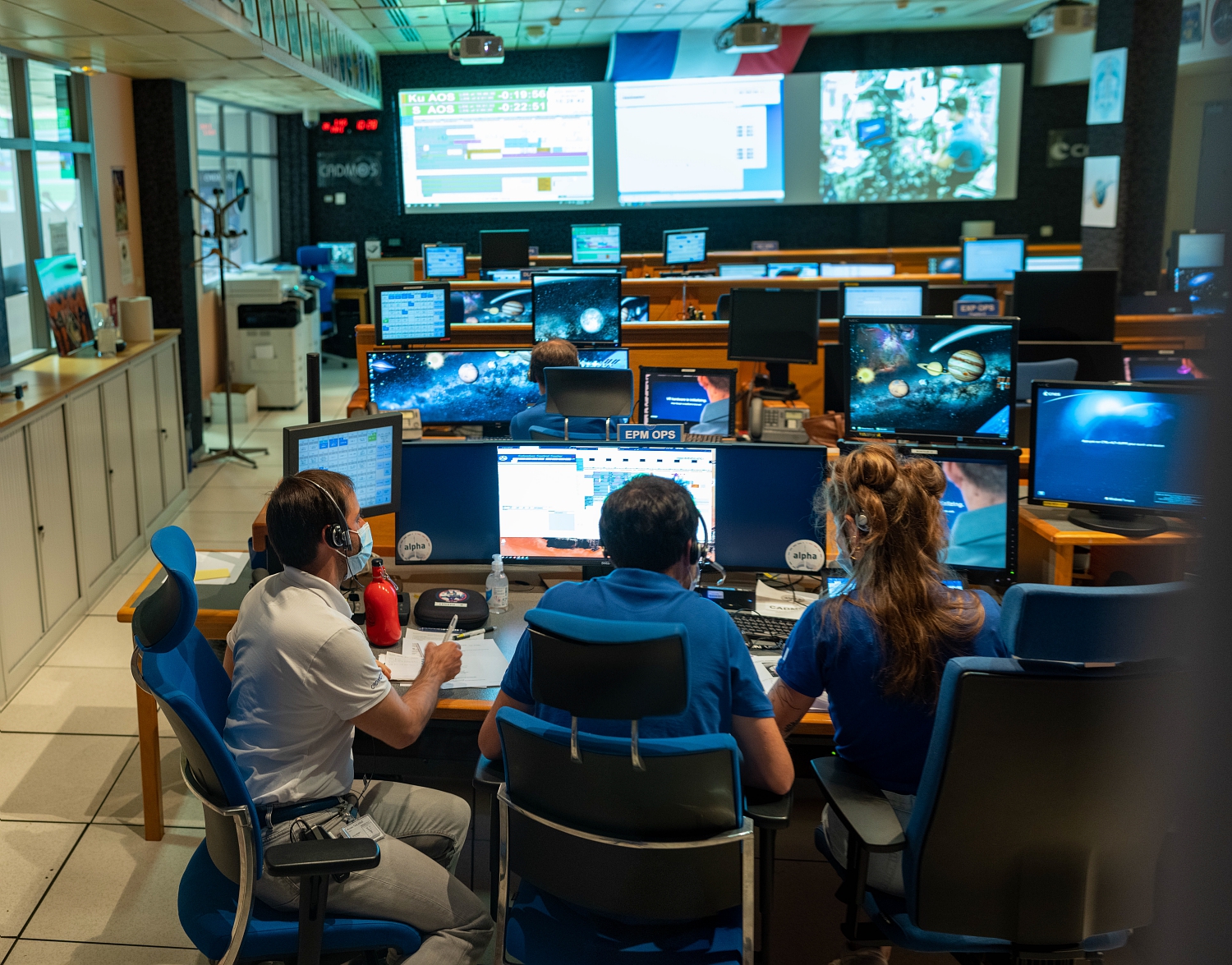
Operational space medicine
MEDES supports the activities of the EAC and is involved in several activities:
- Medical monitoring of astronauts during space flights, particularly on the International Space Station (ISS)
- Support activity for crews and their families
- Work on space-based medical projects that could be useful for health on Earth.
In this way, several MEDES members are seconded to the EAC to perform these tasks.
Preparation of future manned space exploration missions (Support for Spaceship FR)
To prepare for future exploration, CNES is contributing through its Spaceship FR project to the network of European Spaceships coordinated by ESA to promote French excellence in the fields of Exploration and Human Spaceflight.
Launched in 2020, this programme should stimulate new cooperative and innovative projects, and integrate the technological building blocks of future Moon and Mars bases today.
MEDES is involved in implementing Spaceship FR alongside CNES, and is contributing to projects around health issues.
Selection of European astronauts (Support for ESA)
On several occasions, MEDES has helped select astronauts: in 1990 on behalf of CNES and in 1991-1992 on behalf of ESA.
In 2008-2009, MEDES selected 6 European astronaut candidates, including France’s Thomas Pesquet, in cooperation with the DLR (German Space Agency) and on behalf of ESA.
in cooperation with DLR and on behalf of ESA, MEDES also carried out the medical and psychological screening for the last selection of European astronauts, the results of which were announced in November 2022.
Our projects
2017 - in progress
Everywear is a software solution for medical and nutritional monitoring of astronauts, in the form of a touch-sensitive tablet coupled to a set of biomedical sensors.
- in progress
Development and evaluation of a Novel Mobile Lower Body Negative Pressure Device for Orthostatic Training in Microgravity
2020-2023
A technological demonstrator of an expert system to provide decision support for astronaut health.
2021
In 2016, Thomas Pesquet made his first space flight with the Proxima mission. In the spring of 2021, it will fly again on a new 6-month mission, called Alpha.
2016
Proxima is the name of the mission to be carried out by the astronaut Thomas Pesquet. After his initial selection in 2009, and several long years of training, Thomas will set off on his first mission from Baikonur on 15 November 2016. The mission is scheduled to last 6 months.
